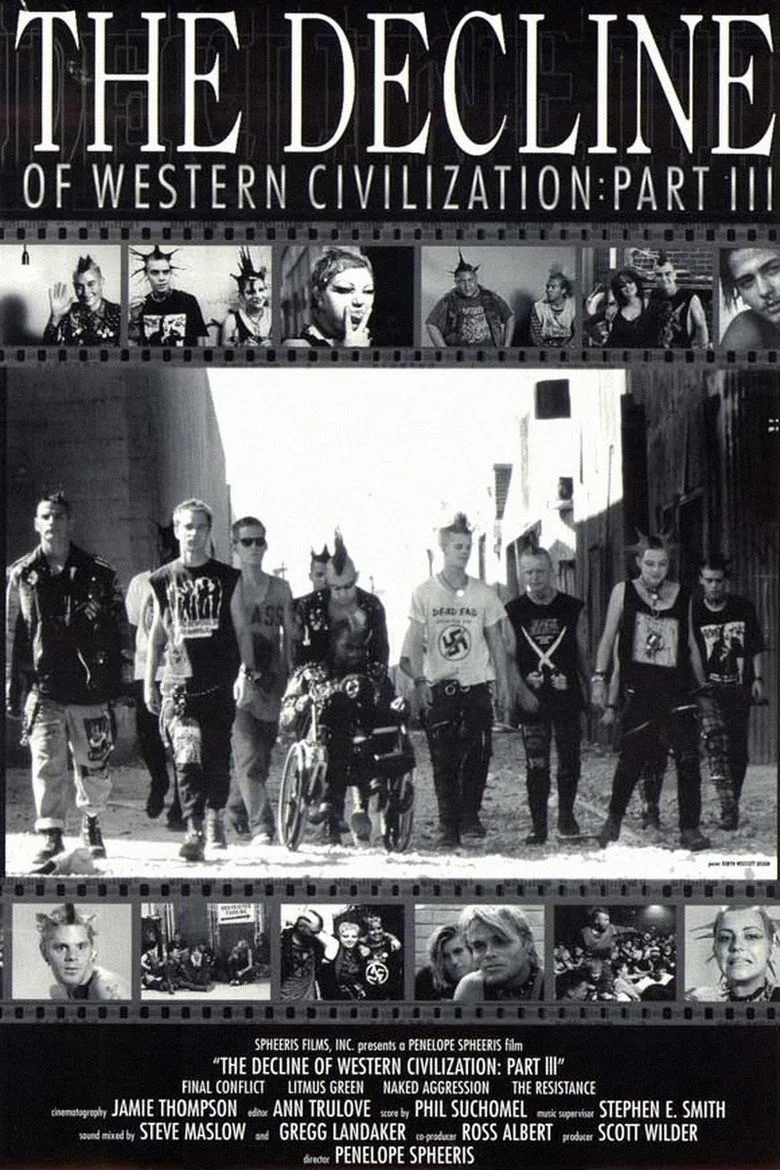The design of “Dark City” lends itself to the incredible- the buildings (minor spoilers) move and grow into themselves, morphing old brick and steel into new architecture. This, right here, gives the world of “Dark City” plenty of intrigue. Even from the beginning, we know something is amiss with this tenebrous town, and Murdoch seems to be the only one attuned to the amorphous nature of the city. The dated special effects, it must be noted, do take away from the film, and while they don’t look terrible, it is distracting. The effects crew had a hard job to pull off; in some scenes they succeeded admirably, and in other scenes, particularly the climax, they failed; but the effort is still quite admirable.
The Good:
Alex Proyas has created a nightmarish pseudo-bureaucratic dystopia that is even more interesting than the world in which he set “The Crow”, and that in it of itself, is rather impressive (“The Crow” is another movie that, even with its flaws, I still enjoy the heck out of). These worlds have depth, and they hint at even deeper backstories. But I wanted more from this world. I easily could’ve watched another twenty or thirty minutes and not have been bored. In Proyas’s 90’s films, setting seemed to be everything, and it paid off. Proyas was onto something in the 90’s; sadly his latest works- “Knowing” and “Gods of Egypt” - have left a lot to be desired.
The story, though at times convoluted, is an interesting adventure in storytelling. There are plenty of twists, but if the viewer is paying close attention, they should be able to piece together what is happening before the end, as I did. Strangely, though I was able to take a guess at what was happening, that doesn’t make the film overly predictable- there is so much going on that there are bound to be some surprises along the way.
The Bad:
This film was so close to great, but it missed the mark a few times, and as a result, I imagine it is only a pale shadow of what Proyas envisioned. As I mentioned before, the third act is where the story really loses its focus. Near the end, all of the storylines are whirring about in a chaotic fashion- the storylines are like atoms in a particle accelerator- and as they collide, the result, as can be imagined, is explosive.
Now, ‘explosive’ could be taken by many to mean a great compliment to the movie, but that is not my intent. When I say the movie’s climax is explosive, I don’t mean that I was at the edge of my seat and I thought my eyes might pop out of their sockets. No, what I mean is that the film devolves into deliriously hectic pandemonium. I won't give anything away because “Dark City” is still 100% worth watching. But know that near the end, viewers are bombarded with twist after twist after twist and then, on bated breath, they are catapulted into a less-than-stellar special effects extravaganza that sadly looks, after nigh twenty years, slightly silly. The streamlined ending leaves the viewer little time to react to any of what is happening until after the climax has happened, the denouement has been hastily rushed past, the film is over, and the credits are rolling.
Verdict:
What started as a truly remarkable film ended up being a decent movie; there is a skeleton of a great film beneath all the bits that didn’t work. This movie is truly one of a kind. Watch it for the unique craziness that it is; there aren’t many films that boast this much originality, and even if this one doesn’t work on every level, it absolutely succeeds in entertaining the viewer from start to finish.














